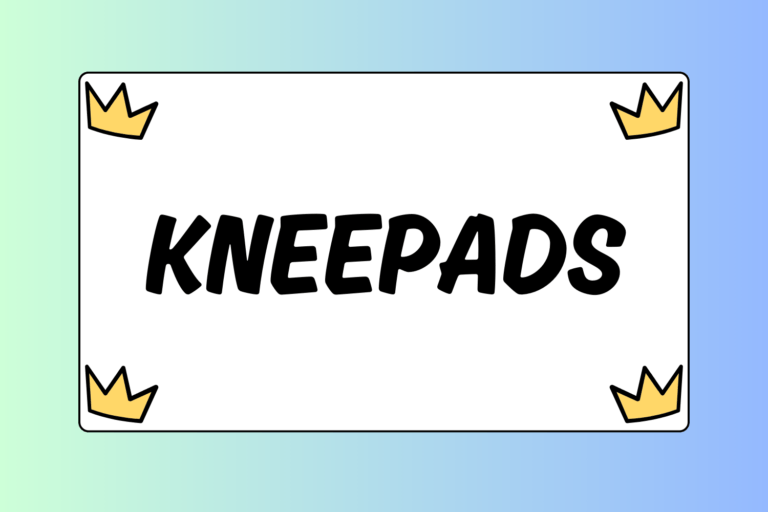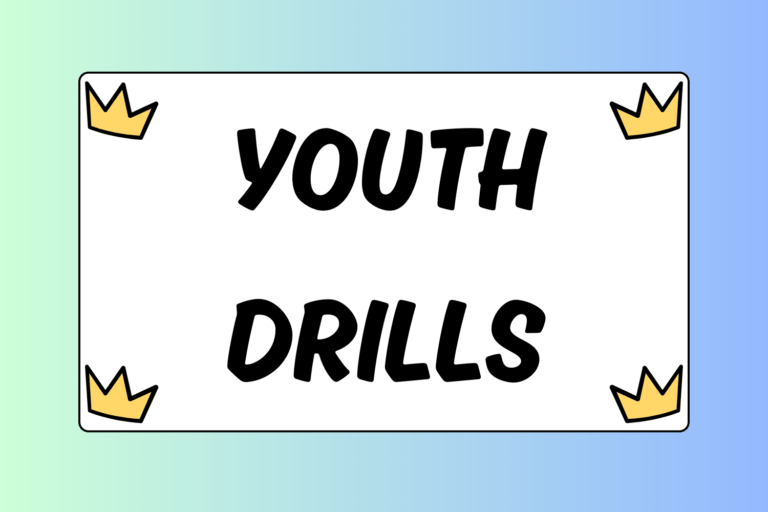Wrestling is a unique sport because although wrestlers compete individually, the “team” aspect is crucial for success. First of all, without a team, a wrestler would not be able to increase his skill level over time — there would be no constructive criticism, no competition, and no real motivation to better himself as a wrestler. Furthermore, team-oriented competitions rely on each individual within a team to succeed in order for the team to succeed as a whole.
Whichever way you look at it, the team element of wrestling cannot be overlooked. To learn more about the importance of the team and how you can become a better teammate, check out the rest of this guide.
Communicate
One of the most important aspects of being a “team player” is communication. Although wrestling does not require multiple individuals to interact collectively during competition, communicating with teammates is extremely important during training. This is especially important in making sure that all teammates are “on the same page,” so to speak.
Communicating expectations to teammates is important for motivation, as well as for achieving goals. This is especially important for more experienced wrestlers who earn leadership roles. Less experienced wrestlers may not understand the physical demands of the sport unless they have been properly explained by someone who has been in the same situation.
Also, wrestlers who are not used to competition may not understand what a team’s goals are, or what the team is working towards. Simply talking with an unsure teammate and explaining these things will really increase his motivation and confidence.
Accountability
Be prepared to lay it all on the line: Let your teammates know what you expect of them on the wrestling mat. Furthermore, hold your teammates accountable for their actions. If they aren’t training as hard as they should, tell them. If their behavior or sportsmanship is less than satisfactory, make them aware of your concerns immediately. When wrestlers know what is expected of them, or what they are working towards, they are more likely to work hard and do what it takes to make the team better as a collective whole.
Hot Tip: Be a Leader
Just because you weren’t designated as a team captain (or a similar title), it doesn’t mean you aren’t a leader, or that other wrestlers aren’t looking up to you. No matter your age or wrestling experience, everyone assumes a leadership role in one way or another. With this said, the best thing you can do is lead by example. Doing so will have a positive impact on both you and your teammates.
Practice Hard
One of the best ways to be a good teammate in wrestling is by simply practicing hard. To some, this seems like a no-brainer. Not everyone, though, understands how critical each wrestler’s effort is to the success of the team.
Putting forth your best effort in training will prove to your team that you can be relied on — you’re showing that you take the sport and, most importantly, your team seriously. Pushing yourself during conditioning, drills, etc. ensures that you will have the mental and physical tools to step up for your team when the time comes. Wrestlers who fail to adequately prepare for competition not only let themselves down come match time, but more importantly, they let their teammates down.
Motivate & Encourage
Wrestlers who do not give their best effort during training also hold their teammates back. Oftentimes, undisciplined wrestlers “go through the motions” of wrestling practice. Their hearts aren’t in it and they aren’t exerting the energy that’s needed to accomplish the task at hand. These wrestlers will drill lazily, and while this may be the result of a coach spending too much time practicing particular techniques, a lazy wrestler doesn’t motivate his team.
For example, say two pairs of wrestlers are each given five minutes to practice their double-leg takedown. If one pair includes slow-moving wrestlers who are drilling lazily, they may only complete 10 takedowns each in the allotted time. However, the second pair may get 30 or more takedowns finished if they drill hard and efficiently. Now, which pair of wrestlers would you count on to get the job done when it’s needed most? Which pair would motivate you to wrestler harder? The answer, of course, is the hard-working and motivating pair.
Know the Team Score
During team-oriented competitions, such as dual meets, the performance of every wrestler counts. Not only does the outcome of the match matter (whether a wrestler wins or loses) in terms of the team score, but what happens in the match is equally as important.
For example, in a dual meet competition, losing by a pin awards the opposing team six points. Losing a match by decision (seven points or less) gives the opposing team only three points. With this said, knowing the team score in a dual meet before stepping out on the mat is important for newer wrestlers. It allows you to wrestle your match accordingly.
In situations where the team score is close to the opposing team’s score, not allowing yourself to get pinned could be a major factor in the team win or team loss. (For more information about how dual meets are scored, check out our guide, A Guide to Dual Meet Scoring in Wrestling.
Make it Count
You should now have a better idea of how to be a good teammate in wrestling. Many of these tips will not only help your teammates’ progress, but they’ll also give you the tools you need for individual success. The next time you step on the mat to practice with your team, keep this guide’s tips in mind. It is also encouraged to talk with your coach to determine what you can do as an individual to help strengthen your team. Remember, your team is only as strong as its weakest wrestler. Good luck!





